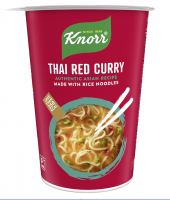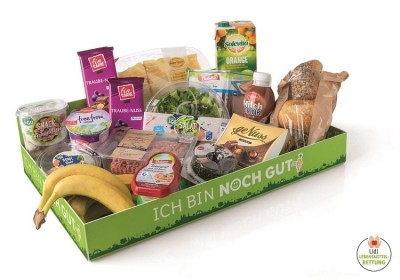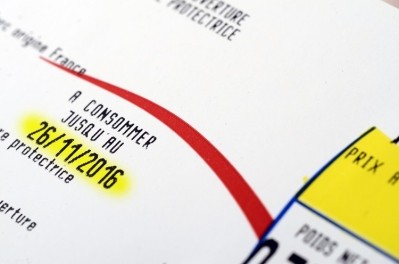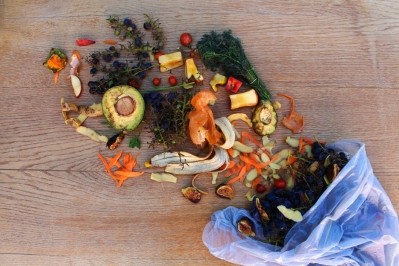‘Best before, often good after’: Unilever adopts anti-food waste labels on food packaging
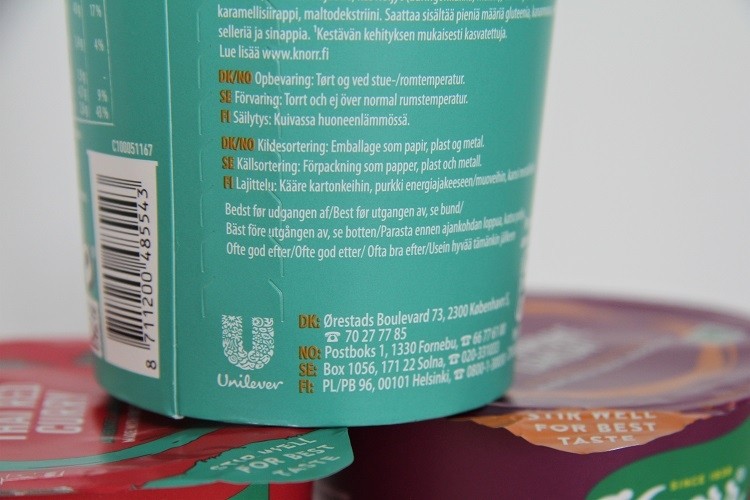
The ‘often good after’ label is the result of collaboration between Danish food waste start-up Too Good To Go and a number of food manufacturers, including Unilever, Carslberg, and Arla Foods.
“53% of Europeans don’t know the difference between ‘best before’ and ‘use by’ when it comes to food labelling,” Too Good To Go CEO Mette Lykke told FoodNavigator.
Yet the two date markings have, in fact, very different meanings. The expiry date means that a consumer can fall ‘seriously ill’ from eating the item if the date is exceeded. Conversely, ‘best before’ is only an indicative date marking. “If the item smells and tastes good, it can easily be eaten,” explained the start-up.
These misunderstandings can cause tonnes of food waste at the consumer level for no reason, the CEO explained. “Therefore, we decided to team up with a number of food manufacturers to rethink the scheme. ‘Best before’ is a guideline that has to do with the quality of the food. It is still safe to eat when the date expires, and it is up to the consumer to use their senses and common sense. We wanted to clarify that by adding ‘often good after’ to the date labelling.”
Carslberg and Arla Foods have added the text to certain beers and milk products respectively, and Unilever has adopted the label for its three new Knorr rice noodle mini meals, which are launching in Denmark, Sweden, Finland and Norway this autumn.
For Unilever, the scheme aligns with a topic ‘very high’ on its agenda, a spokesperson told this publication. “We work on many initiatives by our food brands like Knorr and Hellmann’s to drive a more sustainable way of food consumption. Ninety-five percent of the vegetables and herbs in our food products globally are sustainably sourced and after every harvest we use the remains of the vegetables to fertilize our fields to avoid waste.”
A large selection of Knorr’s products are dried, meaning they typically have a long shelf-life. “Drying food is an ancient way of preserving food and our drying process therefore naturally preserve the products and nutrients,” the spokesperson continued.
However, the company noted that ‘too much’ food is being thrown away worldwide. Indeed, some 1.3bn tonnes of food is estimated to be lost or wasted each year, equating to roughly one-third of the food produced for human consumption. In developed countries, the majority is wasted in households.
“Naturally, we want to make sure that people eat more food, rather than it being wasted. Therefore, we want to tell our consumers to look at the food product, smell it or taste it, before throwing it out.
“To reach as many consumers as possible with this message, we have this year started the work on implementing the sentence ‘often good after’ right after the ‘best before’ labelling on our food packaging. We are implementing it on new launches, where it makes sense, and on existing products when an artwork update is required.”
The multinational is not implementing it on all its food products at once, so as to avoid unnecessary packaging waste.
The spokesperson continued: “In the beginning of 2020, more products will adopt the text in the Nordics. Other Unilever markets are also looking into the possibility of implementing the text, which has to adhere to local legislation.”
